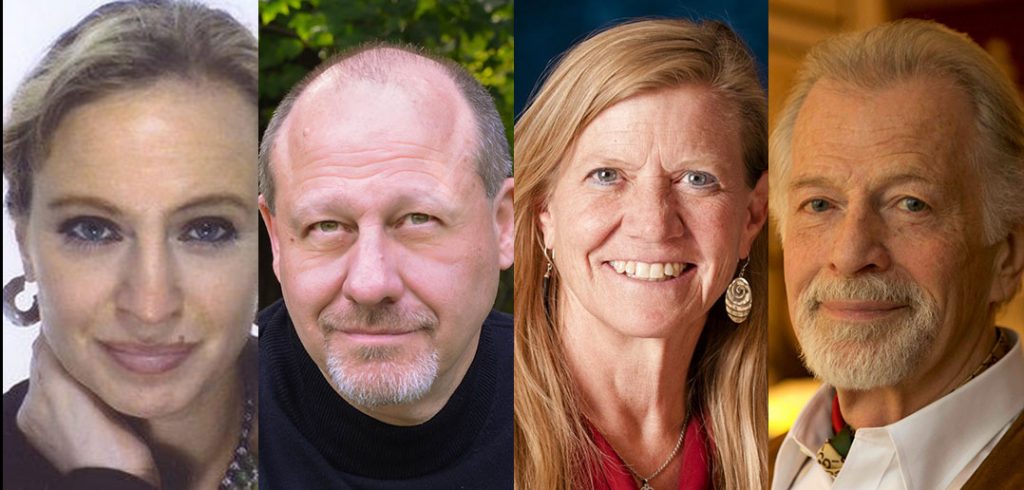The deep-seated trauma of early life experiences that can be resurrected and experienced later in life will be the focus of a daylong conference at the Lincoln Center campus.
“Psychoanalytic Perspectives on Trauma: On the Fragmentation and Restoration of the Human Soul,” is being sponsored by the Graduation School of Education.
Friday, April 21
8:30 a.m.–4:30 p.m.
McNally Amphitheatre
140 West 62nd St, Lincoln Center Campus
Amelio D’Onofrio, Ph.D., clinical professor and founding director of the Psychological Services Institute at Fordham at GSE, said the conference’s presenters will talk about how relational trauma in particular, shatters our “souls” and uncovers a history we have often concealed from ourselves.
If, for example, a person grew up in a family with substance abuse, or one of their parents was unable to give proper care because of mental illness, the trauma from that experience might make it more difficult to recover from later-life traumas.
“Many of my patients come in, and early on they’ll say ‘I had a perfect childhood; everything was great!’ But as the work continues, we’ll start to entangle traumatic experiences that they may have had, and that are now reactivated by the breakup of a relationship, for example,” he said.
Topics being presented include “Psychotherapy’s Epic Journey: Descent, Dismemberment, and Remembrance;” “Built On A Lie”: Perversion in an Everyday Subject and Donald Trump;” and “Conversion Disorder: Colonial Trauma and the “Souls” of the Barrio.”
D’Onofrio will present one session, “Desire, Despair, and the Presence of an Absence: Relational Trauma and Therapeutic (Re-)Enactments.” He said the thesis of his presentation is that early life traumatic patterns can play actually out in the relationship between patient and therapist. A patient who has never been on the receiving end of an empathetic gesture might not be able to respond to one when a therapist is there for them. This, he said, can sometimes trigger a negative therapeutic reaction.
Presenters were chosen because they represent a diversity of ideas, he said.
“Betsy Hall, a professor and assistant dean of counseling and family therapy at Regis University, is a Jungian who deals with psychoanalysis, myth, stories, and literature. Patricia Gherovici, who is a psychoanalyst and co-founder and director of the Philadelphia Lacan Group, works with poor Hispanic populations in Philadelphia and comes from a Lacanian perspective. Ed Robbins, a clinical psychologist, psychoanalyst and clinical director of Dr. Robins & Associates Trauma & Treatment Center, is a Freudian and works with the trauma of violence,” he said.
“Having different theoretical orientations and different voices in the conference will make it a richer experience for the audience.”
For more information, visit the conference webpage.

